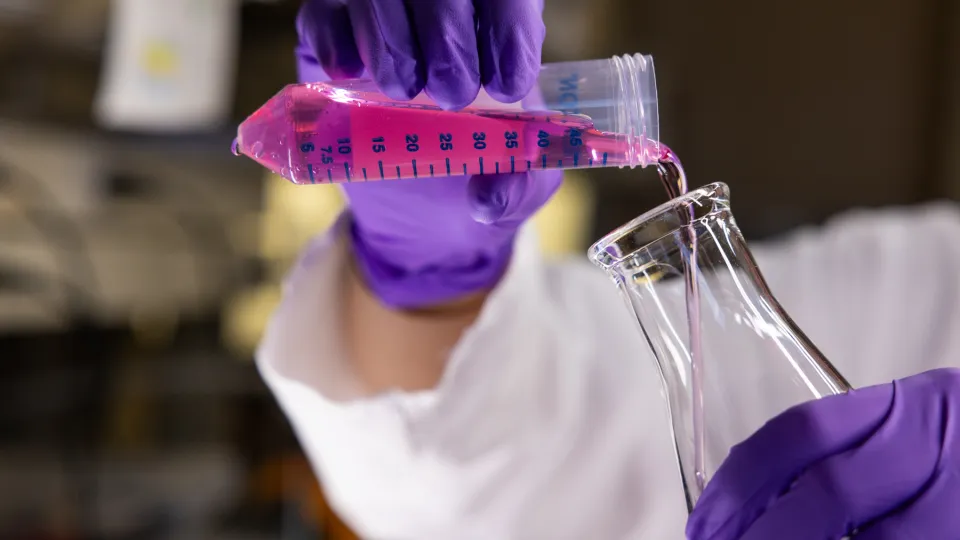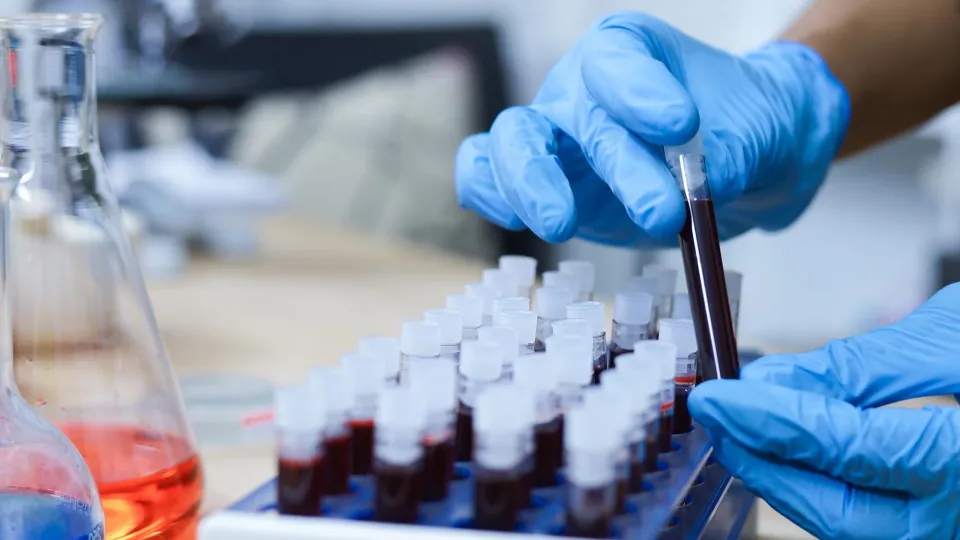News Brief
Drinking Milk Lowers Type 2 Diabetes Risk for Certain People
January 22, 2024
The many studies investigating the relationship between milk intake and risk for developing type 2 diabetes (T2D) have yielded conflicting results. Qibin Qi, Ph.D., and colleagues approached the issue by analyzing data from the 12,700 adults—approximately half of whom were able to digest lactose, while the other half were lactase non-persistent (i.e., likely to be lactose intolerant because they inherited a variant of the lactase gene that makes them unable in adulthood to synthesize lactase, the enzyme needed to digest the milk sugar lactose).
In a paper published online on January 22 in Nature Metabolism, the researchers made the interesting observation that increased milk intake appears to lower the risk of T2D only among people who might have trouble digesting lactose in adulthood and not in people who easily digest lactose—perhaps explaining the inconclusive findings of previous studies. Digging deeper, the researchers found that, for lactase-nonpersistent people, the potentially beneficial effects of milk intake might be related to favorable changes in their gut microbiota (e.g., enriched Bifidobacterium species and reduced Prevotella species) and circulating metabolite profiles (e.g., reduced levels of multiple branched-chain amino acid metabolites and primary bile acids). If these findings are validated, they could reshape dietary recommendations for people with lactase non-persistency and lead to targeted use of probiotics to reduce the risk for T2D in the general population.
Dr. Qi is professor of epidemiology & population health and associate director of epidemiology & population health center for population cohorts at Einstein, and a member of the National Cancer Institute–designated Montefiore Einstein Comprehensive Cancer Center.



